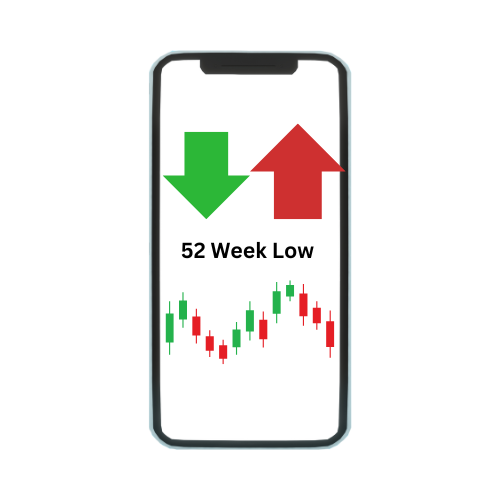Bitcoin is a decentralized digital currency that you can buy, sell and exchange directly, without an intermediary like a bank. Bitcoin’s creator, Satoshi Nakamoto, originally described the need for “an electronic payment system based on cryptographic proof instead of trust.”
Each and every Bitcoin transaction that’s ever been made exists on a public ledger accessible to everyone, making transactions hard to reverse and difficult to fake. That’s by design: Core to their decentralized nature, Bitcoins isn’t backed by the government or any issuing institution, and there’s nothing to guarantee their value besides the proof baked in the heart of the system.
Bitcoin is built on a distributed digital record called a block chain. As the name implies, block chain is a linked body of data, made up of units called blocks that contain information about each and every transaction, including date and time, total value, buyer and seller, and a unique identifying code for each exchange. Entries are strung together in chronological order, creating a digital chain of blocks.
How does bitcoin work?
“Once a block is added to the block chain, it becomes accessible to anyone who wishes to view it, acting as a public ledger of crypto currency transactions,” says Stacey Harris, consultant for Pelicoin, a network of crypto currency ATMs.
Block chain is decentralized, which means it’s not controlled by any one organization. “It’s like a Google Doc that anyone can work on,” says Buchi Okoro, CEO and co-founder of African crypto currency exchange Quidax. “Nobody owns it, but anyone who has a link can contribute to it. And as different people update it, your copy also gets updated.”
While the idea that anyone can edit the block chain might sound risky, it’s actually what makes Bitcoin trustworthy and secure. In order for a transaction block to be added to the Bitcoin block chain, it must be verified by the majority of all Bitcoin holders, and the unique codes used to recognize users’ wallets and transactions must conform to the right encryption pattern.
These codes are long, random numbers, making them incredibly difficult to fraudulently produce. In fact, a fraudster guessing the key code to your Bitcoin wallet has roughly the same odds as someone winning a Powerball lottery nine times in a row, according to Bryan Lotti of Crypto Aquarium. This level of statistical randomness block chain verification codes, which are needed for every transaction, greatly reduces the risk anyone can make fraudulent Bitcoin transactions.
Alternatives to Bitcoin
Because of the growing popularity of BTC, several new crypto currencies have been created to attempt to penetrate the market. BTC’s strongest competitor is Ethereum, followed by other crypto currencies known as alternative coins, or Altcoins.
Where to Buy Bitcoin?
Dealers- buy and sell BTC, and provide liquidity to the market. These dealers make a profit through the spread between their bids and ask price. By buying through a dealer, you will most likely pay a slightly higher fee than the current market rate.
Exchanges- are automated, digital marketplaces that connect BTC buyers with BTC sellers. There are many different backend Exchanges and even many more frontend/UI Exchanges. Because of the variety of Exchanges available, there will generally be slightly different market rates for BTC.
Conclusion
While it has garnered substantial interest from individual investors and institutional players alike, its future remains uncertain amid evolving market dynamics and technological advancements. As adoption increases and the ecosystem matures, Bitcoin’s role as both a store of value and a medium of exchange will continue to be scrutinized. Investors must weigh the potential benefits against the inherent risks, considering their financial goals and risk tolerance in the ever-changing world of cryptocurrency.







